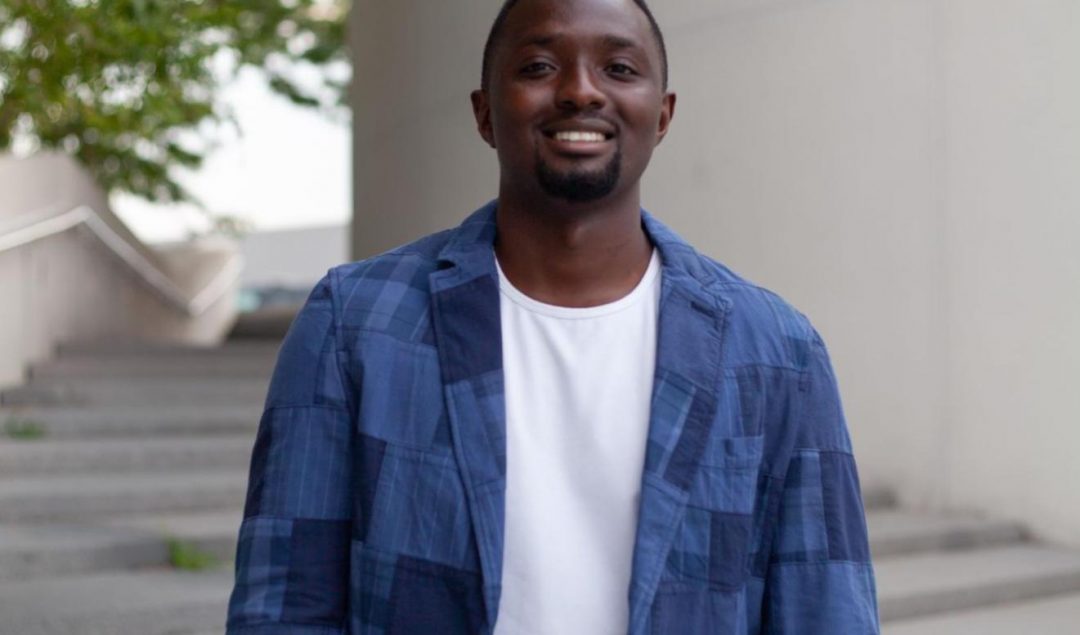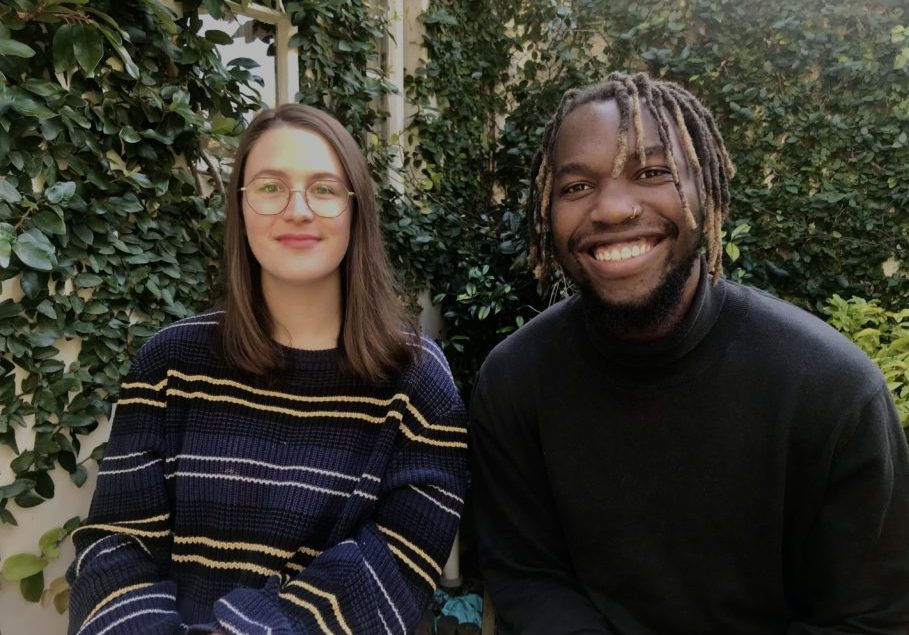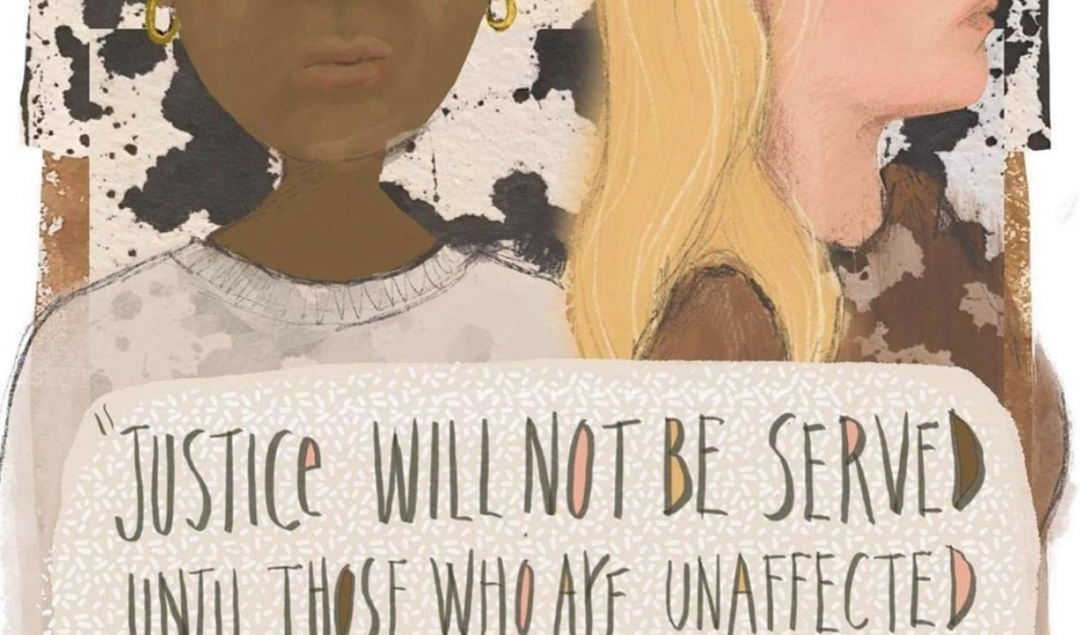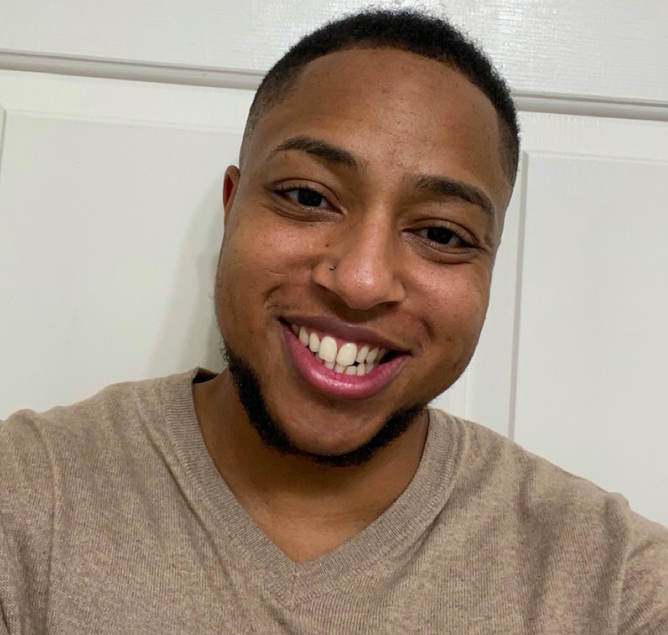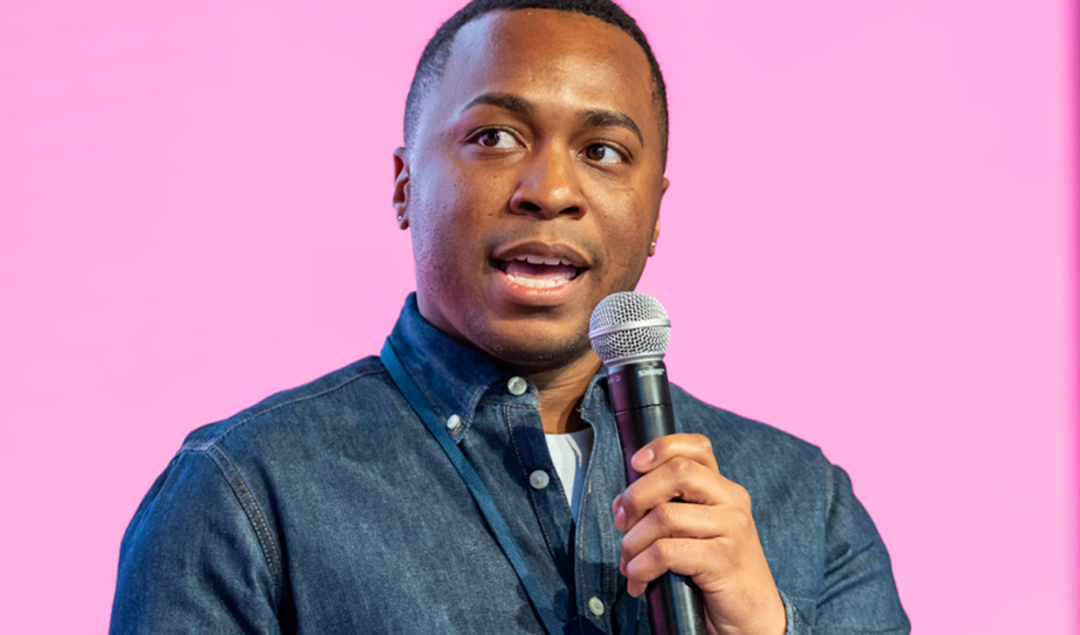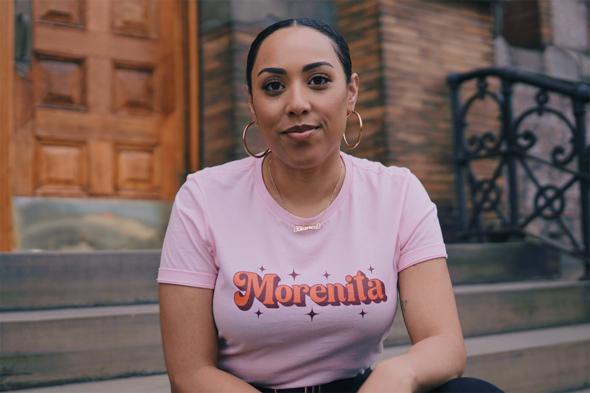Hubspot is hiring When Mohamed Gueye was six years old, growing up in Senegal, his interest in tech began when he saw a computer for the first time. His dad bought it, and he was fascinated by the images that were shown on its screen. Today, Mohamed works at HubSpot in Massachusetts as a technical lead. In this interview, he shares his path working his way up from a supermarket into tech, his experience at HubSpot, and the importance of not getting stuck into one way of thinking. Hi Mohamed,
Startup investing in Africa has come a long way, partly due to the work that angel investors do in helping startups take off. Angel investors are the individuals who provide early-stage financing for startups, helping them get off the ground, and hopefully attract bigger investments. Because they invest at the very early stages of a startup’s life, the chances of failure are really high, yet many startups may never get started without the money they invest. We spoke to Biola Alabi, an angel investor and the founder of Biola Alabi Media,
Following the first detection of the coronavirus in December 2019 in Wuhan, China, COVID-19 has reached pandemic proportions, affecting students and schooling at all levels. In a March 2021 press release, the United Nations International Children’s Emergency Fund (UNICEF) claimed that the temporary closure of educational institutions affected over 168 million children worldwide who stayed home as countries worked to flatten the curve. Consequently, schools transited to online learning. International human rights organization, Amnesty International, reported that students were cut off from schools when the COVID-19 pandemic hit South Africa, leaving hundreds and
We are living through two pandemics. COVID-19 and the disease of racism. One we are protecting ourselves from, and the other we seem to ignore until it gets to the point of civil unrest. It does not have to be this way; if we lived our lives fighting racism at home, in government, and the workplace, we would not have the unrest we see in the streets now. I can’t control what people do in all of those areas, but economic freedom is a key to solving the problem. Venture
Teachers Pay Teachers are hiring on POCIT In 2018, Tez Smith finally mustered up the courage to enter the tech industry by enrolling in a software engineering boot camp. It was a dream that began right after he graduated from college in 2011. After successfully finishing the program, he now works for Teachers Pay Teachers (TpT), the world’s most popular online marketplace for original educational resources. But why did it take so long for him to turn his dream into reality? In this interview, Tez talks about his work at
In response to evolving discourse around social justice and identity and research on the links between psychological safety and productivity, more and more employers are turning to inclusion training as a tool to equip employees to excel in their roles. With global teams spread out across various cultures — with different histories and social contexts — the task of training all team mates on bias, privilege and inclusion in a meaningful way to increase confidence navigating conversations can seem like an impossible task. In 2020 when I joined Brandwatch, with their offices in
Techish is back with a brand new episode! Abadesi and Michael discuss Rihanna joining the billy club, as Forbes reports she is worth $1.7B and what it means to be a billionaire nowadays (0:15) They also break down: Square acquires Afterpay for $30B and the risks of buy now pay later companies (7:53) Instagram makes changes for under 16’s but is it too little too late? (15:20) Fleets is no more, the unofficial ‘mega block’ and not being afraid to kill projects (23:23) Why smaller active wear brands are beating big brands like Nike
Why Black Workers Are facing a return to office anxiety Ninety-seven percent of Black knowledge workers are not ready to return to offices. As a result, the home has become a safe space for Black workers in the last year, a refuge from racism, crude jokes, and office politics. Working from home has reduced the discrimination and microaggressions [indirect, subtle, or unintentional discrimination against members of a marginalized group] many Black people say they feel in the workplace, the survey also said. In addition, the need for code-switching is significantly reduced.
Asana is hiring! Check out their roles on pocitjobs.com “Empathy is my superpower,” Rasha Harvey says. As a queer, Black American, Rasha calls being different his secret sauce. “And Asana is all about connecting teams across the globe.” Rasha works as an Enterprise Customer Success Manager at Asana, a work collaboration management platform. He has colleagues across the globe, including in Munich, Tokyo, London, and San Francisco, and has travelled extensively across the world. But in his childhood, his reality was very different from that of today. Working Class With
We rounded up a list of talented, passionate, and hardworking tech entrepreneurs who are inspiring business innovation, creativity, and entrepreneurship. Here is a short intro on four AfroLatinX who are making waves in the industry and are ones sure to watch! The Founder Providing Capital to Underrepresented Entrepreneurs A first-generation Afro-LatinX immigrant is undoubtedly making a name for himself in the startup world, using his talents to create a space for more people like him in tech. Luis Martinez is the founder of We Tha Plug, an incubator designed to help

